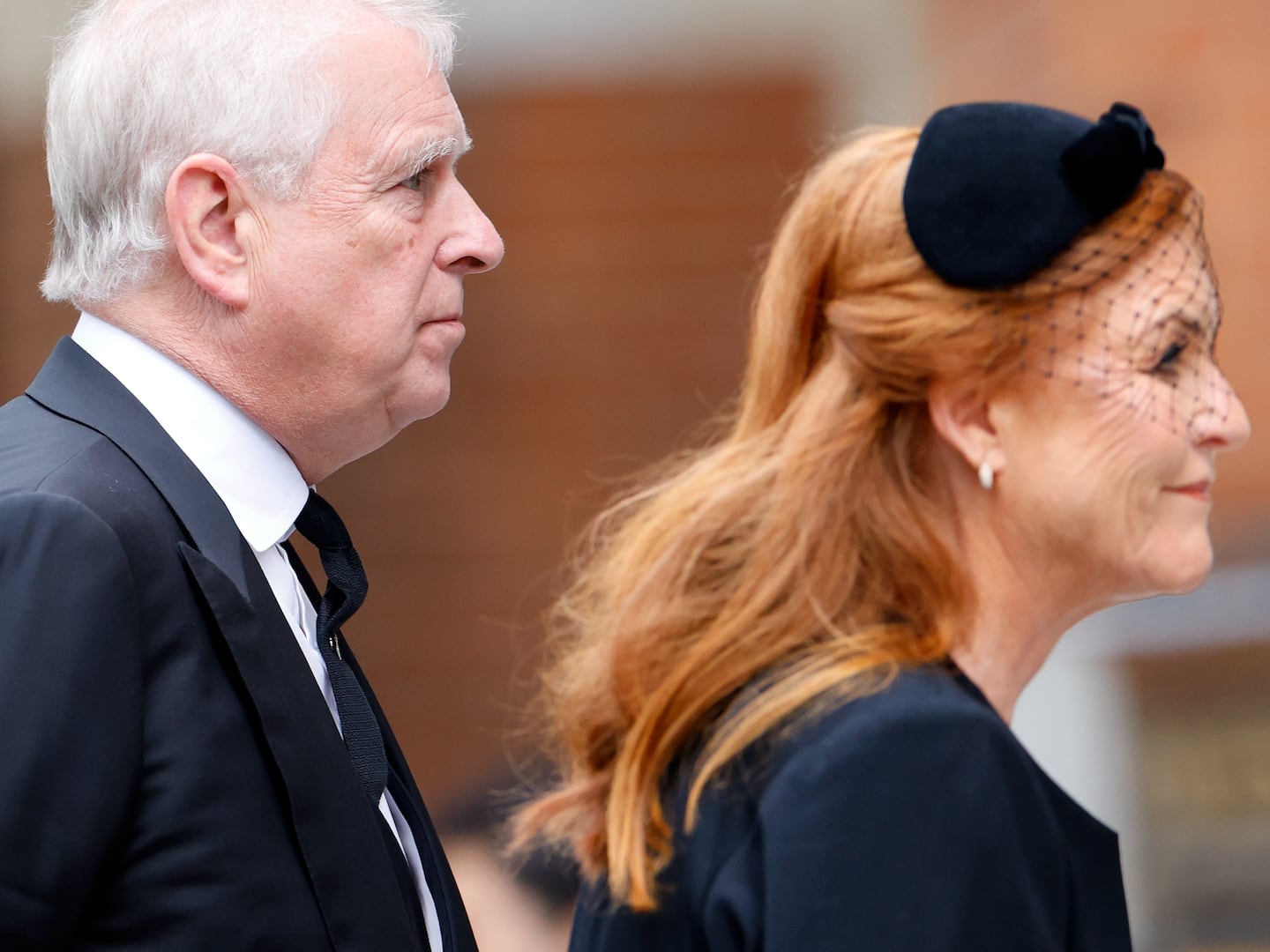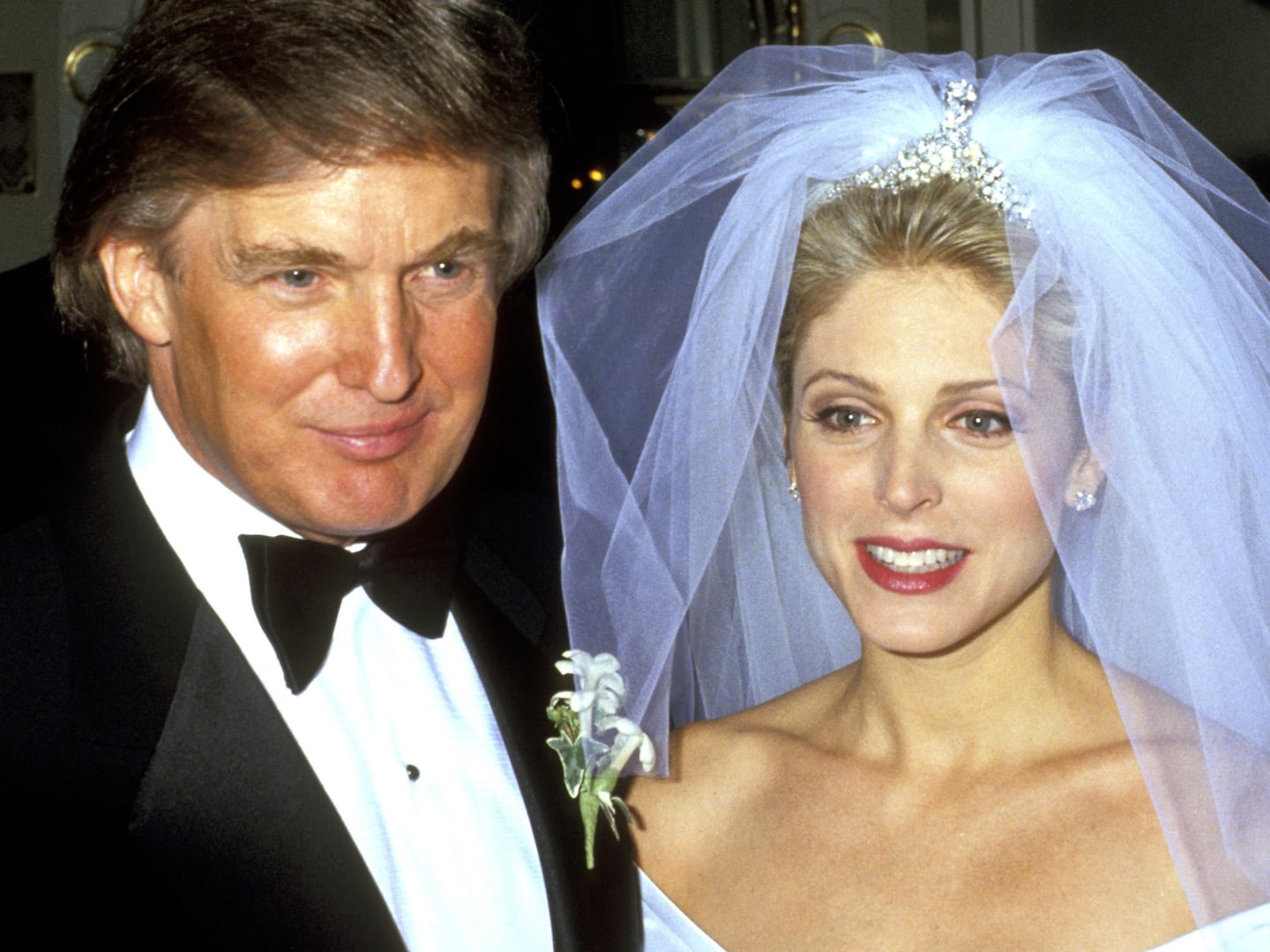After spending hours swatting away Democratic questions about her personal judicial views, Judge Amy Coney Barrett made a significant admission on Tuesday afternoon: that she did not consider the landmark Roe v. Wade abortion ruling to a settled legal matter, or a “super-precedent,” at the U.S. Supreme Court.
While Barrett did not signal that she intends to vote to undo Roe if given the opportunity, she opened a door that President Trump’s previous two nominees to the U.S. Supreme Court did not. In 2018, Judge Brett Kavanaugh said in his confirmation hearing that Roe was “precedent on precedent” and “settled as a precedent of the Supreme Court.” In 2017, Neil Gorsuch did not call Roe a super-precedent but also conveyed that he viewed it as a settled matter.
Meanwhile, Barrett, under questioning from Sen. Amy Klobuchar (D-MN), said differently on the second day of her confirmation hearings. She defined super-precedent as a matter “so well settled that no political actors push further overruling.”
“Roe is not a super-precedent,” said Barrett, “but that does not mean it should be overruled. It just means that it does not fall on the small handful of cases like Marbury v. Madison and Brown v. Board that no one questions anymore.”
Barrett’s articulation, then, would indicate she believes the standard of super-precedent at the high court cannot be met so long as that precedent is actively being challenged. And anti-abortion groups have been chipping away at rulings upholding abortion rights for years, and have made no secret of their desire to secure a court that oveturns Roe altogether.
Those groups have rallied behind Barrett’s confirmation, and while she has not personally articulated a legal rationale to overturn Roe, she has aligned herself with anti-Roe views in the past and is known as an archconservative jurist and legal thinker.
The exchange between Klobuchar and Barrett produced the first fresh insight into the judge’s views on an issue central to the stakes of her confirmation fight—or any of her views, really. Over the course of six hours on Tuesday, Barrett rebuffed Democratic attempts to secure answers from her on how she sees the legal standing of the Affordable Care Act, gun rights, voting rights, abortion, and other key issues. She did so citing the so-called “Ginsburg Standard,” set by the late Justice Ruth Bader Ginsburg, who in her confirmation hearing declined to preview how she might approach key issues on the bench.
Klobuchar was able to sneak by that defense by interrogating Barrett about something she’d written in a law journal, set aside as fair game for questioning, and leveraging it into a question about Roe, as well as several other hot-button cases. Barrett declined to get into those.
“I am left with looking at the tracks of the record and where it leads the American people, and I think it leads us to a place that will have severe repercussions for them,” Klobuchar concluded. “Thank you.”






